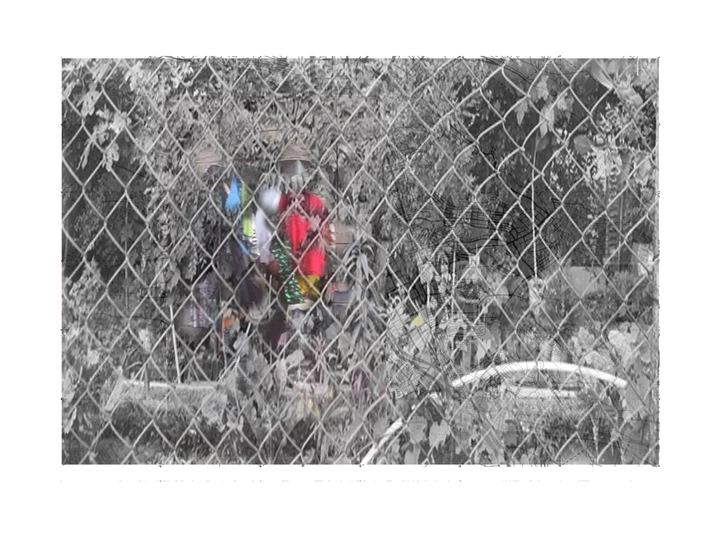Unmasking Hidden Assets of Underdevelopment

Giorgi Tskhadaia
The team for this project is comprised of a family - an architect (Mariam Rurua) and a political philosopher (Giorgi Tskhadaia) from Tbilisi, Georgia. They collaborate on topics lying at the intersection of architecture, urban design, philosophy, and politics. In the past, they had been publishing a digital, independent, Georgian-language journal called “U-”. In it, they discussed important theoretical issues related to architecture and urban life. They mainly translated notable works on these subjects into Georgian, wrote editorials, and also, invited other Georgian scholars and practitioners to submit their contributions to their magazine. They published nine editions of the zine, covering such topics as gentrification, extra-legal urban spaces, sustainable urban planning, suburban life in a post-Soviet city, etc.
Mariam Rurua is an Associate Partner and Design Director at MUA Architecture and Placemaking, a Tbilisi-based architecture office. Her work includes concept design, research, and design development. She received an MA degree in architecture at Tbilisi State Academy of Arts. She has volunteered in cultural projects and participated in workshops and exhibitions. Her interests include contemporary art, urban studies, and independent digital publishing.
Giorgi Tskhadaia is a Professor of Political Science at Caucasus University in Tbilisi. He did his Ph.D. in Political and Social Sciences at Pompeu Fabra University in Barcelona in 2020. Since then, he mainly published articles on Continental political philosophy, drawing on the works of such philosophers as Jacques Derrida and Jürgen Habermas. Currently, he is working on projects related to the issues of the Anthropocene and the state of emergency.
After a five-year hiatus, the team intends to continue to work on new editions of the “U-” zine. For this specific project, they will work as a team, drawing on their past collaborations and shared experiences of living in their native city.
Economic development in an urban setting has historically manifested itself, among other things, in increased rates of capital and property accumulation, financialization of economic activities, the relentless spread of urbanization, and intensified globalization. Such tendencies have been often portrayed as a drive toward economic modernization.
Despite criticisms, urban modernization is still seen as a positive phenomenon that has regrettable but manageable ecological side effects. After all, it is often argued that the world's most sustainable and livable cities are located in the most developed countries. For this project, we contend that the above-mentioned discourse of development overlooks how urban economic modernization can swiftly destroy ecologically valuable aspects of underdevelopment.
The goal of this project is to unmask and analyze the ecological practices and elements of urban underdevelopment that are meant to be annihilated in the whirlpool of economic modernization in Tbilisi. The results of the study will be presented in the next edition of the zine "U_" published by the team since 2017. The published materials will include photos of the hidden assets of underdevelopment, their untold stories, and theoretical analysis of the ecological dimension of urban modernization.
The chief examples of the ecological bright spots of urban underdevelopment that we have in mind at this initial stage of the project are the following: Urban gardening mostly pursued by the elderly due to economic hardship, second-hand clothing stores and shoe repairers' services, peasants’ markets, and virtually unaffected natural habitats in the city (e.g. Digomi meadows).
Our project should not be viewed as a celebration of urban underdevelopment. Instead, we aim at deconstructing and ultimately, re-imagining the prevailing notion of economic development in an urban setting. In this way, our goal is to re-think the concept of development along ecological lines.